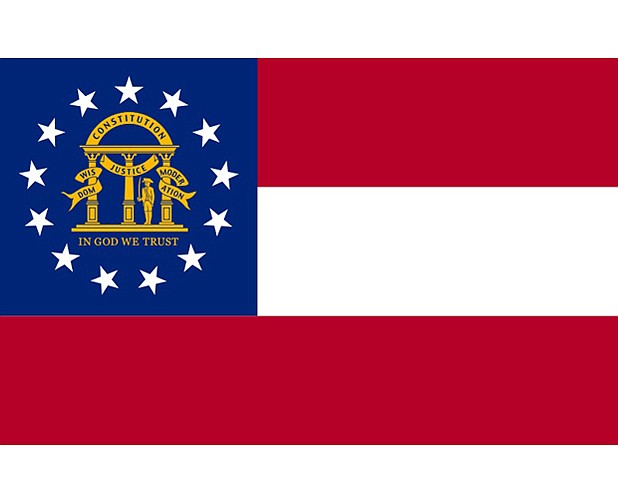Should Georgia prison officials tell death row inmates where they bought the drugs that will be used to kill them?
Right now, those officials don't have to reveal their drug supplier -- not to inmates, not to lawyers, not to journalists or activists or anyone else filing a public records request. But the Georgia Supreme Court is considering the question after hearing arguments last week about the potential execution of Warren Lee Hill.
The arguments concerned Georgia's Lethal Injection Secrecy Act, which the state Legislature passed last year. The law turned the identity of those who provide lethal injection drugs into a "state secret." In other words, people are no longer allowed to know where the Georgia Department of Corrections gets those drugs.
Hill's attorney, Sachin Varghese, argued last week that this law is unconstitutional. He said the Secrecy Act violates the First Amendment and fails to protect Hill from cruel and unusual punishment. If you don't know where the drugs come from, how do you know the drug maker has a good reputation?
"You have to take the state's word for it," Varghese told the Supreme Court on Feb. 17. "There's no ability to confirm this."
Lawyers at the Office of the Attorney General say the argument of "cruel and unusual punishment" is not legitimate. There is no proof that the state's drugs will cause that type of pain, they say.
"We've already determined that lethal injection is a humane method of execution," Senior Assistant Attorney General Sabrina Graham said. "For us to come in on every single execution and test the drug. ... When does it end?"
But Hill's attorneys say this is the wrong way to look at things. Of course Hill has not felt "cruel and unusual" pain yet, they say. If you demand firm proof that Hill will be the victim of such pain, you have to wait until he receives the drugs, which is to say you have to wait until he is dead.
"The public at large ... have no means of determining whether the drug selected by the State will be safe and effective," Varghese wrote in a brief filed with the Supreme Court.
Lawmakers passed the Secrecy Act last year because, like many states, Georgia has struggled to get lethal injection drugs. European leaders have boycotted selling such drugs to the United States. Some companies have stopped making such drugs because of public backlash. And, lawmakers say, compounding pharmacies that can provide the drugs won't do so without concealed identities.
But death penalty opponents argue that is not a good enough reason to hide government activity.
In 1985, Hill murdered Myra Wright by shooting her several times. Then, while serving time at a Lee County prison in 1990, he pried a board from underneath a sink and smashed another inmate in the face and chest until he died.
Though many experts have determined that Hill has mental problems, he received the death penalty for his second killing.
During her argument in front of the Supreme Court last week, Graham said the concerns about Hill's execution are unfounded because he will die before he can feel too much pain.
"There is too much of this drug," she said. "They are going to go to sleep too fast to feel cruel and unusual punishment."
Contact staff writer Tyler Jett at 423-757-6476 or tjett@timesfreepress.com.
